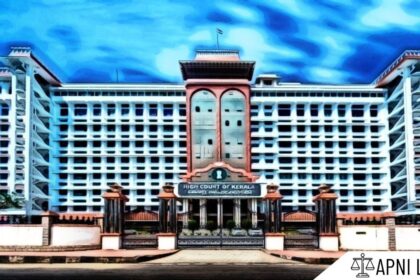CrPC Section 261: Summary Trial by Magistrate of the Second Class
1. Code:
CrPC Section 261 defines the power of a Magistrate of the Second Class to conduct a summary trial for certain offenses.
2. Explanation:
This section empowers a Magistrate of the Second Class to try certain offenses summarily without following the full-fledged procedures of a regular trial. The offences listed in the section are considered less serious and the procedure is designed to be faster and more efficient.
Key points:
- The offense must be listed in the Second Schedule of CrPC.
- The Magistrate can only impose a sentence of imprisonment up to 1 year or a fine up to ₹1000, or both.
- The trial is conducted in a simplified manner, with fewer formalities and witnesses.
3. Illustration:
Suppose a person is caught stealing a small item worth ₹500 from a shop. This offense would fall under the Second Schedule of CrPC. A Magistrate of the Second Class could conduct a summary trial in this case, and if the person is found guilty, they could be sentenced to a maximum of 1 year imprisonment or a fine of ₹1000, or both.
4. Common Questions and Answers:
Q: What offenses are covered under Section 261?
A: The Second Schedule of CrPC lists the offenses that can be tried summarily by a Magistrate of the Second Class. These offenses are generally considered less serious and often involve minor property offenses, petty thefts, and other minor offenses.
Q: What are the advantages of a summary trial?
A: Summary trials are faster and less formal than regular trials, making them a more efficient way of dealing with less serious offenses. They also require fewer resources, such as witnesses and legal representation.
Q: Can a person accused of an offense under Section 261 request a regular trial?
A: Yes, the accused person has the right to request a regular trial before a higher court. However, the Magistrate can refuse this request if they believe the offense is suitable for a summary trial.









